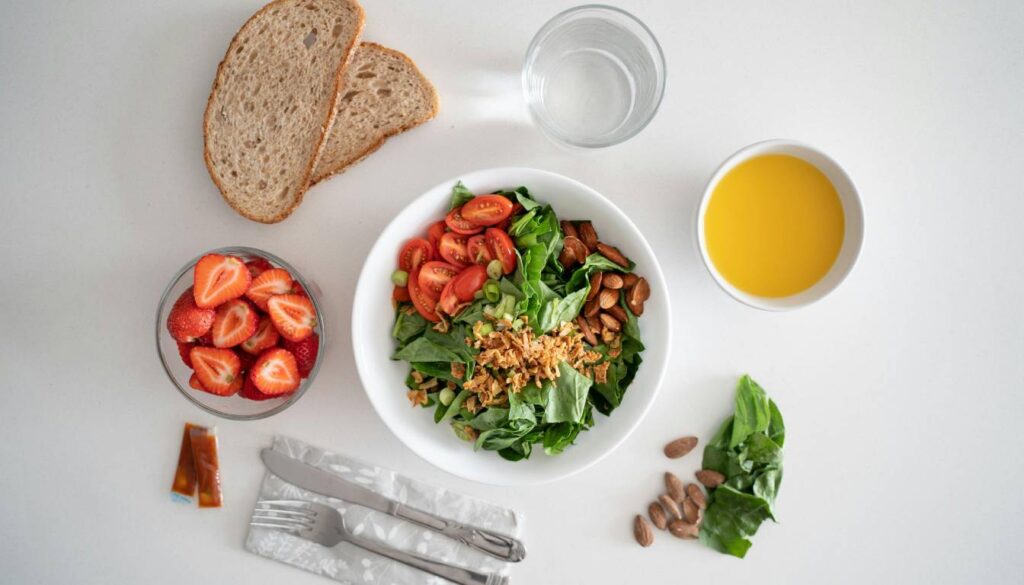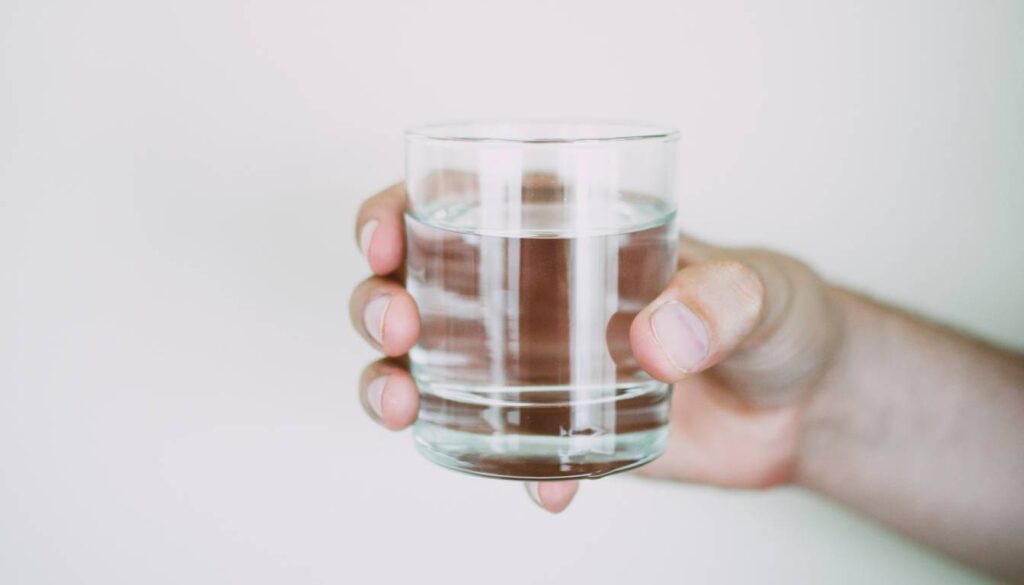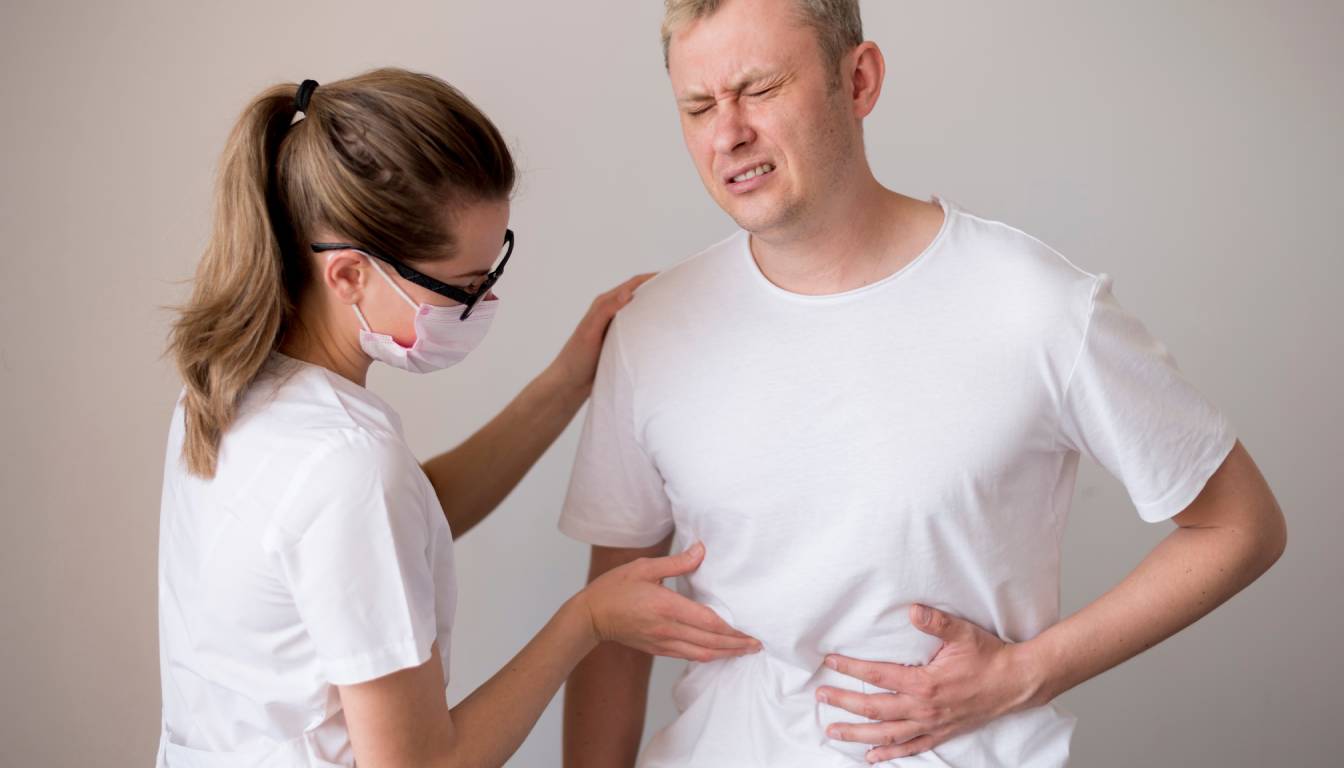Gallbladder pain can disrupt your daily life in unexpected ways, making even simple tasks feel challenging. However, what if I told you that with the right knowledge and proactive measures, you could not only manage this pain but also prevent it from occurring in the first place?
Understanding the causes and symptoms of gallbladder issues is the first step toward reclaiming your comfort. To help you get started, I’ve gathered essential tips and strategies that can help you take charge of your health. Let’s dive into how you can keep gallbladder pain at bay, ensuring you enjoy life to the fullest without the nagging worry of discomfort.
Understanding Gallbladder Pain
Pain in this region occurs when there’s a problem with the organ responsible for storing bile, often linked to issues like gallstones or bile flow. Symptoms usually include sharp pain in the upper right abdomen. This discomfort might also extend to the back or shoulders. In some cases, nausea and bloating join the party.
I identify gallbladder pain quickly. One clear sign is a sudden, intense pain after eating fatty foods. People often describe it as a burning sensation that can be quite overwhelming.
Moreover, gallstones play a major role in this pain. These hard deposits can block bile flow, causing swelling and inflammation. The pain can last from a few minutes to several hours, which may feel like an eternity when you’re in discomfort.
Anyone can experience gallbladder pain, though certain factors increase the risk. Obesity, a high-fat diet, and rapid weight loss raise the chances. In particular, women, especially those over 40, might face this challenge more often.
Being aware of these symptoms, I find it helpful to track occurrences and identify triggers. Keeping a food diary and noting any pain events can provide insights. Ultimately, this practice fosters better control over health and wellness.
Causes of Gallbladder Pain
Gallbladder pain can stem from a few primary issues. Therefore, understanding these causes helps in managing symptoms effectively.
Gallstones
Gallstones form when bile contains too much cholesterol or bilirubin. These solid particles can block bile ducts. When that happens, I might feel sharp pain in my upper right abdomen. This pain often comes after a rich meal. As gallstones move, they can create intense discomfort that lingers for hours. Sometimes, they might not produce symptoms at all. Nevertheless, when they do, it’s a clear message that I need to pay attention to.
Inflammation
Inflammation can occur when the gallbladder gets irritated. Conditions like cholecystitis lead to swelling and pain. This swelling can cause a deep ache in the abdomen and may feel like a cramp. I might also experience nausea alongside this discomfort. To reduce the risk, staying away from fatty foods can help prevent these painful flare-ups.
Making healthier dietary choices keeps inflammation at bay and reduces the chances of gallbladder issues. By recognizing these causes, I can better manage my gallbladder health and make informed choices in my daily life.
Prevention Strategies for Gallbladder Pain

Gallbladder pain can disrupt my daily activities. Fortunately, taking preventive measures helps manage and reduce discomfort effectively.
Diet Modifications
Diet plays a crucial role in gallbladder health. I prioritize low-fat foods such as fruits, vegetables, and whole grains. These choices not only support digestion but also reduce gallstone formation. Eating smaller meals prevents excessive bile production. I avoid rich, greasy meals that trigger discomfort.
Instead of fried foods, I choose grilled or baked options. Staying hydrated with water boosts bile flow. Additionally, incorporating healthy fats like avocado and olive oil in moderation can support overall health. A diet high in fiber keeps my digestive system running smoothly. I keep a food diary to identify triggers and make necessary adjustments.
Management Techniques for Gallbladder Pain
Managing gallbladder pain involves a blend of home remedies and medical treatments. I focus on practical solutions to help lessen discomfort.
Home Remedies
I often start with simple home remedies that can provide relief. Applying a warm compress to the upper right abdomen relaxes muscles and eases pain. Ginger tea soothes nausea while promoting digestion. Peppermint tea works well, too; it calms the digestive tract and helps with bloating.
In addition, incorporating physical activity into my routine also helps. A gentle walk after meals aids digestion and keeps things moving. Staying hydrated is crucial; I drink plenty of water and avoid sugary drinks. Eating smaller meals throughout the day keeps discomfort at bay, while fiber-rich foods, like oats and beans, support digestion.
Moreover, I enjoy mindfulness techniques such as deep breathing and meditation. They help me relax and reduce the perception of pain.
Medical Treatments
When home remedies aren’t enough, consulting a healthcare professional is essential. Doctors may recommend medications like antacids or bile acid pills for relief. In more severe cases, they might suggest gallbladder removal surgery, or cholecystectomy, when gallstones cause frequent pain.
Occasionally, procedures like endoscopic retrograde cholangiopancreatography (ERCP) are necessary. This helps remove stones blocking the bile ducts. Regular check-ups with my doctor may also be crucial for managing and monitoring my health.
In short, managing gallbladder pain involves a mix of proactive home strategies and medical support. Taking control of my health makes a positive difference.
Before You Go – Gallbladder Pain

Managing gallbladder pain is all about taking charge of my health. By recognizing patterns and understanding the triggers and symptoms, I can make informed choices that lead to a more comfortable life. Adopting a low-fat diet, staying hydrated, and tracking my food intake are essential steps I can take to prevent flare-ups.
Furthermore, incorporating home remedies and knowing when to seek medical advice empowers me to handle any discomfort that arises. Regular check-ups serve as a reminder to stay proactive about my gallbladder health. With consistency and care, the right strategies in place allow me to enjoy life without the burden of gallbladder pain.
Don’t forget to add theherbprof.com homepage to your favourites so you don’t miss out on future articles!
References – Gallbladder Pain
Little Herb Encyclopedia, by Jack Ritchason; N.D., Woodland Publishing Incorporated, 1995
The Ultimate Healing System, Course Manual, Copyright 1985, Don Lepore
Planetary Herbology, Michael Tierra, C.A., N.D., Lotus Press, 1988
Handbook of Medicinal Herbs, by James A. Duke, Pub. CRP Second Edition 2007
The Complete Medicinal Herbal, by Penelope Ody, Published by Dorling Kindersley
Check the Following Articles
Food for Autoimmune Health: The Role of Diet and Nutrition
Hip Bursitis: Natural Herbal Remedies for Relief
Prevent Colorectal Cancer: Simple Steps for Better Health
Uterine Fibroids: Causes, Symptoms, and Treatment
Frequently Asked Questions – Gallbladder Pain
What causes gallbladder pain?
Gallbladder pain is often caused by issues related to bile production or gallstones. Gallstones can block bile flow, leading to inflammation and sharp pain in the upper right abdomen. Other causes include gallbladder inflammation, which may result from an unhealthy diet or other underlying health issues.
What are the symptoms of gallbladder pain?
Key symptoms of gallbladder pain include sharp pain in the upper right abdomen, often radiating to the back or shoulder, as well as nausea and bloating. This pain may intensify after eating fatty foods and can last from several minutes to hours.
Who is at risk for gallbladder pain?
Risk factors for gallbladder pain include obesity, a high-fat diet, rapid weight loss, and being a woman over 40. Individuals with a family history of gallbladder problems may also have a higher risk.
How can gallbladder pain be prevented?
To prevent gallbladder pain, focus on a low-fat diet rich in fruits, vegetables, and whole grains. Eating smaller meals and avoiding fatty or greasy foods can also help. Staying hydrated and incorporating healthy fats in moderation is beneficial, too.
What home remedies can help with gallbladder pain?
Home remedies for gallbladder pain include applying a warm compress, drinking ginger or peppermint tea, and engaging in gentle exercise. Staying hydrated and practicing mindfulness techniques like deep breathing may also aid in relieving discomfort.
When should I see a doctor for gallbladder pain?
You should consult a healthcare professional if home remedies are insufficient for pain relief or if you experience severe symptoms. A doctor can prescribe medications or suggest surgical options, such as a cholecystectomy, for serious cases. Regular check-ups are important for ongoing health management.
